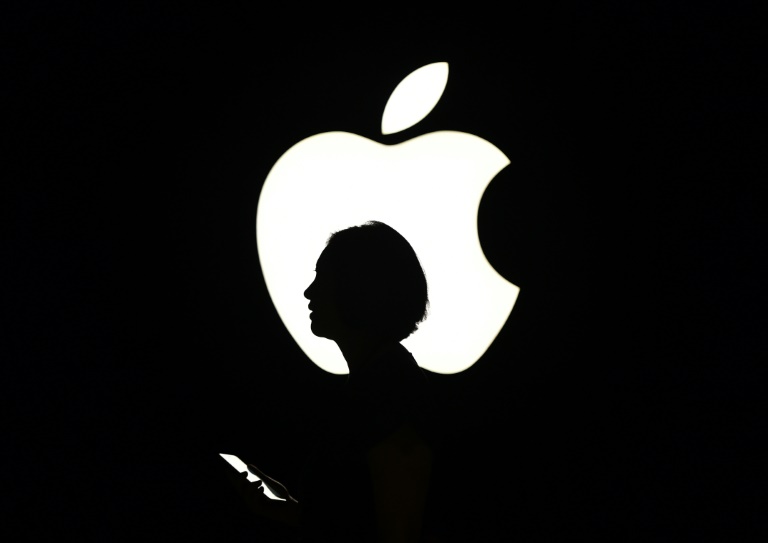The EU on Monday hit Apple with a 1.8 billion-euro-fine ($1.9 billion) for violating the bloc’s laws by preventing music streaming services from informing users about subscription options outside of its App Store.
The iPhone maker immediately vowed to appeal the first ever antitrust fine slapped on Apple by Brussels, the culmination of a case triggered by a complaint by Swedish music streaming giant Spotify.
The European Commission said it “found that Apple applied restrictions on app developers preventing them from informing iOS users about alternative and cheaper music subscription services available outside of the app”.
“This is illegal under EU antitrust rules,” the EU’s powerful antitrust regulator said.
“Apple’s conduct, which lasted for almost ten years, may have led many iOS users to pay significantly higher prices for music streaming subscriptions because of the high commission fee imposed by Apple on developers and passed on to consumers,” it added.
Spotify’s complaint in 2019 triggered a broad commission investigation into the iPhone maker in 2021, but Brussels narrowed its probe last year to focus on Apple’s actions to prevent apps from giving users information about rival music subscription options.
“For a decade, Apple abused its dominant position in the market for the distribution of music streaming apps through the App Store,” commission vice president Margrethe Vestager said in a statement.
“We have ordered Apple to remove the necessary provisions and to refrain from similar practices in the future,” Vestager told reporters.
Apple slammed the commission’s decision and said it would appeal.
“The decision was reached despite the Commission’s failure to uncover any credible evidence of consumer harm, and ignores the realities of a market that is thriving, competitive, and growing fast,” Apple said in a statement.
“While we respect the European Commission, the facts simply don’t support this decision. And as a result, Apple will appeal,” the company added.
Despite the scale of the penalty, critics point out that even fines above hundreds of millions of euros pale in comparison to how much Apple makes. In the last three months of 2023, Apple reported $33.92 billion in profits.
Brussels has already hit Google with penalties of around eight billion euros in the past few years, although the US-based firm is challenging the fines in EU courts.
But the EU expects the fine will lead Apple to stop limiting access to rival streaming services — all the more since it will also be obliged to do so under a new law known as the Digital Markets Act that it must adhere to by March 7.
Google owner Alphabet, Amazon, TikTok’s parent company ByteDance, Meta and Microsoft must also comply.
The DMA gives the commission the power to fine companies up to 10 percent of global revenue for any violations or 20 percent for repeat offenders.
Apple rejects Spotify claims and points to the streaming giant’s market dominance in the online music field.
Spotify has more than 600 million monthly users, a third of them are paying subscribers, according to the company’s latest figures published last month.
Apple Music, a music streaming service, represents eight percent of the European market, the company says, compared with Spotify’s more than 50 percent share.
Apple also says Spotify has paid them nothing — except a $99 developer programme fee — although the iPhone maker claims to have played a significant part in the firm’s success.
It is not the first time Apple and Spotify have knocked heads.
Spotify has been one of the most vocal critics of Apple’s changes to its App Store as part of compliance with the EU’s DMA law.
As part of the changes, the company will let rivals build app stores for iPhones and allow payment services beyond Apple Pay on the devices.
Spotify CEO Daniel Ek charges that the iPhone maker’s attitude “mocks the spirit of the law”.
On Friday, 34 digital organisations including video games maker Epic Games and Spotify wrote to the commission to express concern about Apple’s plans.
They said Apple’s new terms, “if left unchanged, make a mockery of the DMA and the considerable efforts by the European Commission and EU institutions to make digital markets competitive.”







